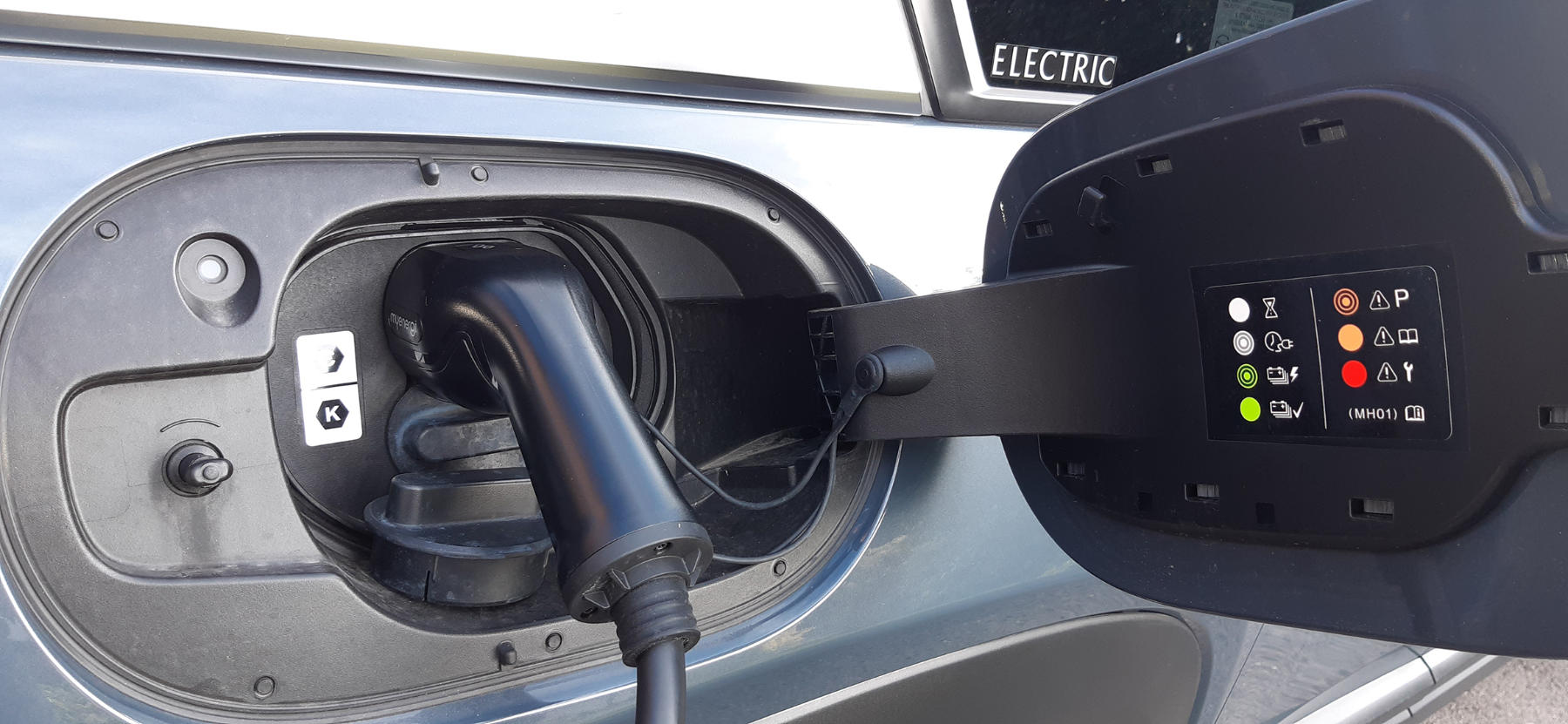Senior councillors are to consider taking action to tackle climate change and overcome a series of major challenges to expand the network of electric vehicle charging points across North Yorkshire.
Demand for charging points is expected to soar within the next decade as motorists switch to electric vehicles ahead of a ban on petrol and diesel engines in new vehicles from 2030.
The vast rural areas of North Yorkshire present significant issues to ensure a cost-effective network of electric charging points can be introduced, despite drivers being heavily reliant on their cars to make often long journeys through England’s largest county. A lack of off-street parking in some urban and rural areas also presents a barrier for motorists switching to electric vehicles.
Members of North Yorkshire County Council’s executive are due to meet on Tuesday, November 8, to discuss plans to launch a public consultation on plans to develop an electric vehicle charging infrastructure strategy. If given the go-ahead, the consultation is set to begin later this month.
The council has already secured more than £2 million from the Government to finance the expansion of the county’s network of electric vehicle charging points, and there are plans to bid for additional funding.
The county council’s executive member for climate change, Cllr Greg White, said: “The ownership of electric vehicles in North Yorkshire is increasing quickly. This is encouraging – to achieve the county’s ambitious carbon zero target, for smaller vehicles, we need to make the switch to electric as close as possible to 2030.
“But North Yorkshire faces particular challenges, partly due to its rural nature and partly the lack of off-street parking in some villages and urban residential areas.
“We need to understand these needs and the challenges they present and be ready to meet them. That’s why we want to seek the input and feedback of the public to help to shape our strategy for the coming years.”
Latest figures show there are almost 4,000 electric vehicles registered in North Yorkshire, and 225 publicly available charge points, and take-up of electric vehicles is rising rapidly each year.
County council officers forecast that 3,161 charge points will be needed by 2030, of which half will need to be funded by the public sector at an estimated cost of £10.3 million.
The forecast total number of charge points required is 900 higher than in 2020, which reflects the rapid take-up of electric vehicles since then.
Council officers have identified three key barriers to the expansion of the charging infrastructure.
As the uptake of electric vehicles increases, the demand on the electrical network will increase and many places, especially those that are already nearing capacity, will require costly reinforcements to ensure that the grid can match the demand.
The rural nature of North Yorkshire means a higher dependency on cars due to a lack of alternative options and the need for long journeys.
Concern over the battery charge running out before the next charge point can be reached is exacerbated by long trips and is preventing people in rural areas from switching to electric vehicles.
High connection costs and low utilisation rates mean the private sector is typically less interested in delivering rural charge points. Therefore, there is a risk of rural “charging deserts” if the public sector does not step in.
Twenty-one per cent of households in North Yorkshire do not have off-street parking. The ability to charge an electric vehicle cheaply and conveniently at home is a major attraction of switching to electric. However, being reliant on the public charging network is known to be a major concern of would-be electric vehicle adopters, so presents a significant barrier to uptake.
The county council has begun to address some of these problems by taking advantage of an opportunity to bid for funding from the £20 million national Local Electric Vehicle Infrastructure (LEVI) pilot scheme. The county secured £2.2 million, which will pay for 70 charge points, 10 in each of North Yorkshire’s seven districts.
The scheme will see charge points installed alongside battery storage units, which will be charged by solar panels. The technology will be sympathetic to the rural locations and will see residential charge points in both on-street locations and larger charging hubs.
Cllr White said: “We have devised an innovate scheme that will begin to provide the answers motorists need to give them the confidence to go electric. We are delighted that we can press ahead with this work. It is an important step, but we understand that LEVI’s rural focus means it can only be part of the solution.”
Subject to the executive’s decision, people will be asked in the consultation about electric vehicle usage, their views on the proposed actions and any further ideas. These views will feed into the final strategy, which will go to councillors for approval. If it is backed by members, it will form the basis for funding bids in the future.
Ahead of the consultation, anyone with a suggestion of a location for on-street charging facilities can email ltp@northyorks.gov.uk with their name, address, electric vehicle ownership status, availability of off-street parking and the suggested location.
Find out more about electric vehicle charging in North Yorkshire at https://www.northyorks.gov.uk/electric-vehicle-charging







